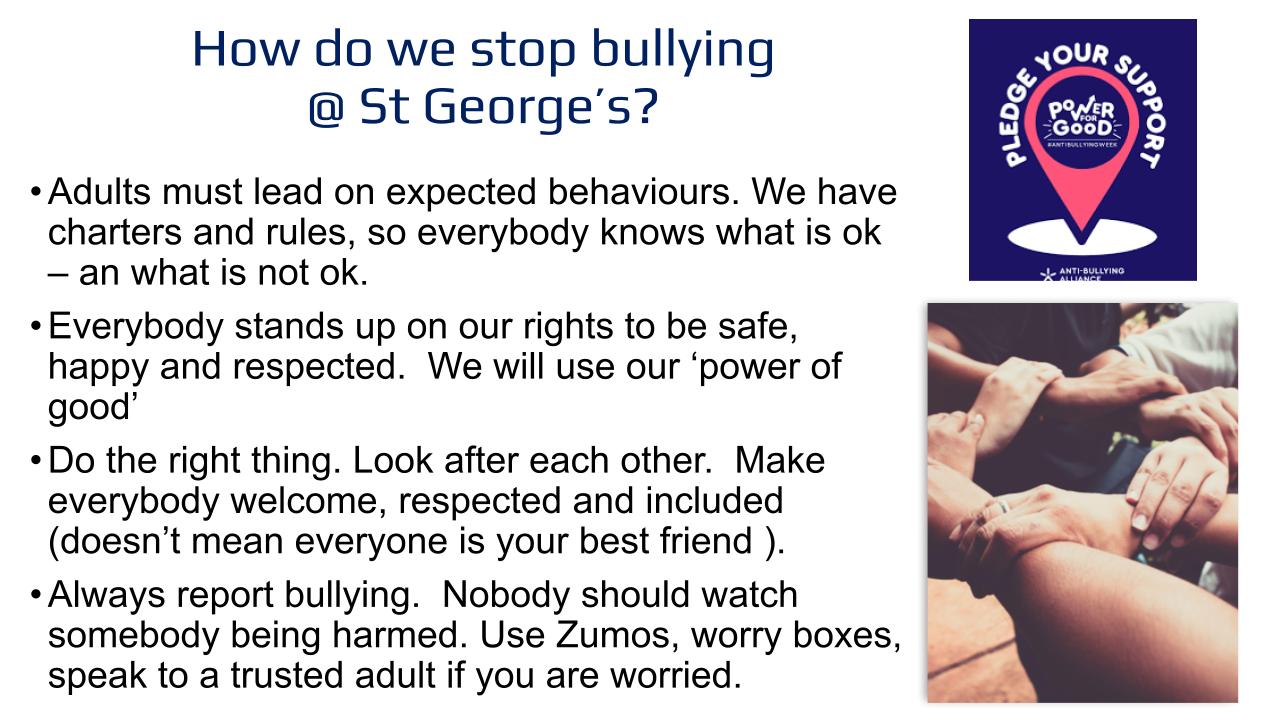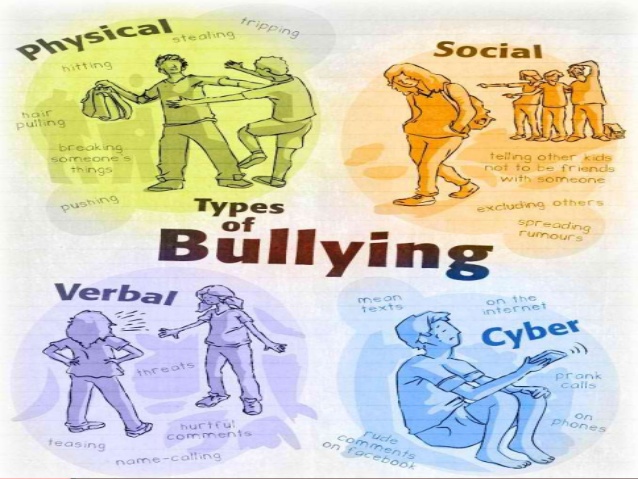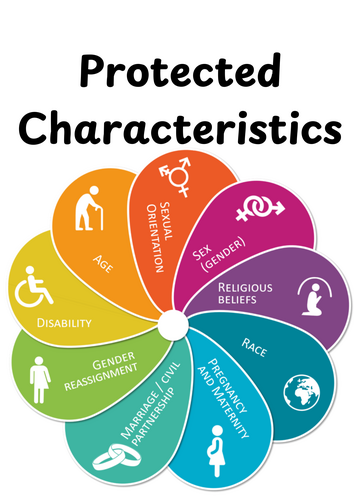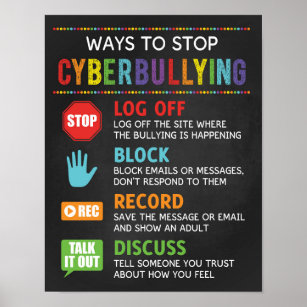Anti-Bullying Policies and Procedures
Our priority is to ensure that St George's is a safe, happy place to learn for children and adults in our community.
Our school has undertaken a lot of work to design our anti-bullying policy and ethos. Bullying concerns are extremely rare but it is important to everybody at St George's they are dealt with in the interests of children's safety and transparently.
 ALL SLT members are available to manage any bullying concerns raised by parents, carers, staff or children. Any child, parent or staff member raising a bullying concern should expect this to be managed by a member of the Senior Leadership Team and can insist on their involvement.
ALL SLT members are available to manage any bullying concerns raised by parents, carers, staff or children. Any child, parent or staff member raising a bullying concern should expect this to be managed by a member of the Senior Leadership Team and can insist on their involvement.
Department for Education have created a guide on expectations regarding Anti-Bullying measures in schools. This includes cyber bullying. That can be read by clicking here.
We will not tolerate bullying at St George's. As well as having clear policies on how we manage bullying we also place an emphasis on education by developing our RESPECT model and teaching children how to combat prejudice and manage risks of anti-social behaviour, Cyber Bullying etc.
We hope the information on this page is clear and welcome any feedback.
Nominated SLT lead is Mr Cassidy, Head Teacher
Nominated governor is Mr Charles Lucking.

Our policy was written in consultation with children and families (see examples of how this we done below) and has proven to be effective and minimising any bullying incidents but also ensuring that they are managed effectively on the rare occasions that concerns are raised by a child, staff or parents. Policy was written with support from Kayte Walsh at Wirral's Bully Busters (My Esteem). It is reviewed and updated every year.
Equality and Bullying - We pledge to ensure that everybody is safe and protected.
Our policy and procedures acknowledge the importance of equality , demonstrating our commitment to protecting all groups and ensuring that protected characteristics are understood. Sadly, we know that certain groups including including disabled children / children with SEN, those who are or perceived to be part of LGBT community, different races and religions are more likely to face bullying .

From 2024 we have started working with the Anti Bullying Alliance to ensure that our practice is audited and meets the best standards in schools.
.jpg)
As well as our own processes we also signpost parents to:
- NSPCC's guide and advice on combatting bullying.
- Young Minds advice on addressing bullying
- Anti Bullying Alliance's advice for families
Policy with leaflets and a form for raising concerns can all be read in the links at the end of this page.
Cyber and Online Bullying
NSPCC states cyberbullying is bullying that takes place online. Unlike bullying offline, online bullying can follow the child wherever they go, via social networks, gaming and mobile phone. A person can be bullied online and offline at the same time.
We expect all children to treat children and staff with respect and dignity when using digital devices, software and apps. School will respond to online safety concerns in school or outside school using our behaviourand anti bullying policies .
Preventing cyberbullying requires children, parents, carers and staff to be vigilant. We know that:
- Too many children access software and apps that are not safe for their age.
- In the majority of homes, children still report that adults do not know what they are accessing online.
- Children don't always follow the same boundaries online that they do at home,
- Children are often reluctant to report cyber bullying because they fear that they will lose their device (phone, tablet, laptop etc).

In April 2024, the Children's Commissioner starkly laid out the risks and changes needed to keep children safe online in The Big Ambition for Online Safety report.
Cyberbullying can include:
- sending threatening or abusive text messages
- creating and sharing embarrassing images or videos
- trolling – the sending of menacing or upsetting messages on social networks, chat rooms or online games
- excluding children from online games, activities or friendship groups
- shaming someone online
- setting up hate sites or groups about a particular child
- encouraging young people to self-harm
- voting for or against someone in an abusive poll
- creating fake accounts, hijacking or stealing online identities to embarrass a young person or cause trouble using their name
- sending explicit messages, also known as sexting
- pressuring children into sending sexual images or engaging in sexual conversations.
You can find out more about cyberbullying on NSPCC Online Abuse page.
We also signpost families to our digital safety page for advice to ensure that children are not placed at risk of harm from cyber bullying.



Year 1 and 2 Bullying Definition
Bullying is mean behaviour that happens more than once. It can make someone sad and unhappy.
Years 3 to 6 Bullying Definition
Bullying is repetitive, intentional, hurtful behaviour that makes people feel unhappy about themselves. Bullying is disrespectful behaviour towards somebody by another person or group of people, that happens many times.
-
Anti Bullying Monitoring Form Updated
download_for_offline
download_for_offlineAnti Bullying Monitoring Form Updated
- Pathways to help anti bullying flow chart updated download_for_offline
download_for_offlinePathways to help anti bullying flow chart updated
- St Georges antibullying leaflet download_for_offline
download_for_offlineSt Georges antibullying leaflet
- St Georges Primary School - Anti-Bullying Policy March 2023 download_for_offline
download_for_offlineSt Georges Primary School - Anti-Bullying Policy March 2023
-
Current Long Term PSHE Planpdf
download_for_offline
download_for_offlineCurrent Long Term PSHE Planpdf
- Economic Education Vision download_for_offline
download_for_offlineEconomic Education Vision
- Learning Heroes - Whole School download_for_offline
download_for_offlineLearning Heroes - Whole School
- Learning Heroes - Whole School - Sheet1 1 download_for_offline
download_for_offlineLearning Heroes - Whole School - Sheet1 1
- PSHE at St Georges Statement download_for_offline
↑download_for_offlinePSHE at St Georges Statement
- Relationships and Health Education Policy 2024 - 2025 currently in annual review download_for_offline
download_for_offlineRelationships and Health Education Policy 2024 - 2025 currently in annual review
- St Georges Updated Wirral Schools Drug Policy Framework Updated November 2023 download_for_offline
download_for_offlineSt Georges Updated Wirral Schools Drug Policy Framework Updated November 2023
- Whole School RESPECT descriptors EYFS to Y6 download_for_offline
download_for_offlineWhole School RESPECT descriptors EYFS to Y6
- Economic Education Vision download_for_offline
- Pathways to help anti bullying flow chart updated download_for_offline


